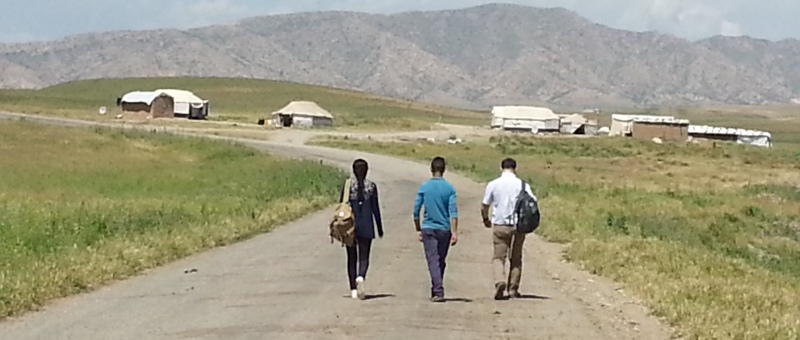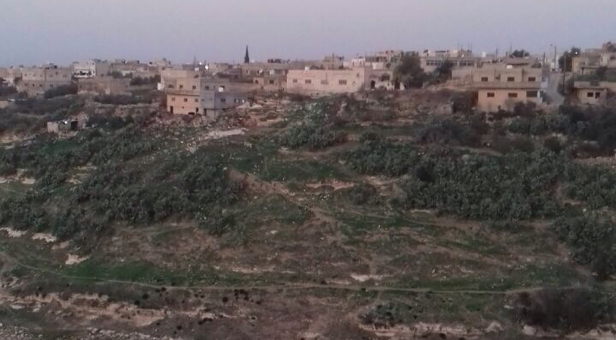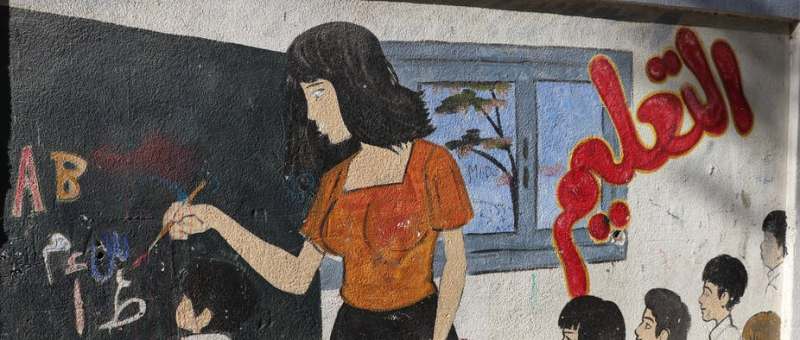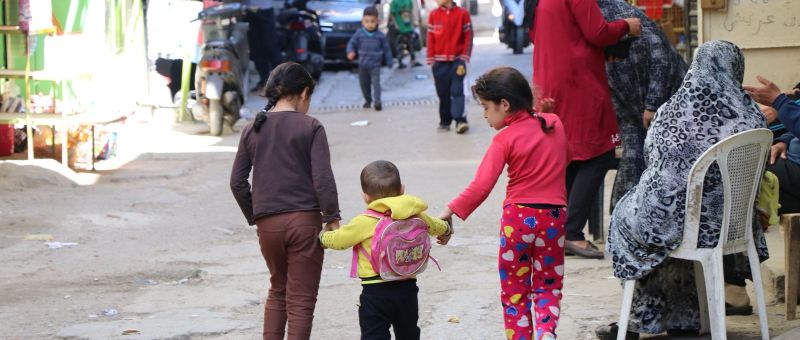Despite international support for the 'Localisation of Aid' Agenda, working with 'the local' remains not only challenging, but also frustrating for many international organisations. As Kathleen Rutledge explains in this piece, this frustration stems from a variety of sources, from a sense that the local is frequently 'less professional', to a degree of mistrust about…
Tag: Local
Why Host Refugees?
Displacement is mostly experienced in urban contexts, meaning that the vast majority of refugees live alongside, and often within the very houses of, their hosts, including established refugee communities, or 'refugee hosts'. In this piece, which is a re-posting from the Oxford Brookes Centre for Development and Emergency Practice blog, Zoe Jordan examines the dynamics…
Mobility, Hope and the ‘Appropriation’ of Space: Reflections from a PhotoVoice Project
Typically, photographs of and about displaced peoples focus on individual suffering victims, acts of individualised resilience, or tropes that resonate with the wider genre of humanitarian narratives. As a result, the Refugee Hosts project has adopted what Dr Elena Fiddian-Qasmiyeh has termed a "Spaces and Places, Not Faces" approach to refugee-photography. As Michelle Lokot explores in…
Employment and pension rights in the context of the localisation of aid agenda
Introductory reflection by Elena Fiddian-Qasmiyeh, Refugee Hosts PI and UCL Through the Localisation of Aid agenda, the international community has committed to support 'locally-based' actors who play a key role in responding to people affected by conflict and displacement. Indeed, as we have been exploring in our Localisation of Aid blog series, nationally- and locally-based…
The Localisation of Aid and Southern-led Responses to Displacement
The Localisation of Aid and Southern-led Responses to Displacement: Beyond instrumentalising local actors By Elena Fiddian-Qasmiyeh, Refugee Hosts PI and UCL Displacement is primarily a ‘Southern’ phenomenon, with around 90% of all refugees having fled from one country in the global South to another Southern state, through processes of South-South migration. It is equally the…
How to Overcome Religious Prejudice among Refugees
Religious tensions between diverse refugee communities in Jordan, Turkey and Lebanon present challenges to those affected by displacement, exposing some to faith-based discrimination. In other instances, (perceived) markers of religious identity expose refugees to discrimination, both from state officials, and members of the host community too. However, as Kat Eghdamian (UCL) argues in this piece (originally…
New Blog Series: Contextualising the Localisation of Aid
Call for Submissions: Contextualising the Localisation of Aid Agenda (January 15th-March 25th) This call for submissions invites contributions that add to on-going debates about the ‘localisation of aid agenda’, encouraging in particular pieces that help to conceptualise and contextualise ‘the local’ in the context of responses to displacement in the global South: How is ‘the…
Visualising Faith, Trauma and Conflict Through Art: The Work of Marcello Silvestri
By Marcello Silvestri In a fast-paced world saturated by flashy images and by the monotonous black and white colour of the written words of experts or pseudo experts, I have opted to pause and stay away from the frantic international travel and glamour of my early career. I like to observe and meditate and then…








You must be logged in to post a comment.